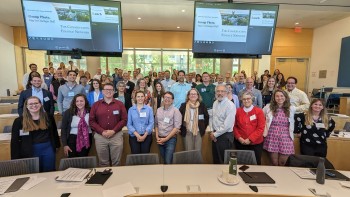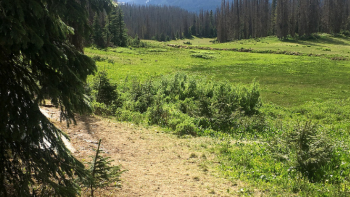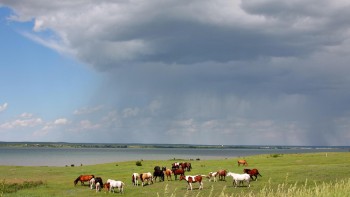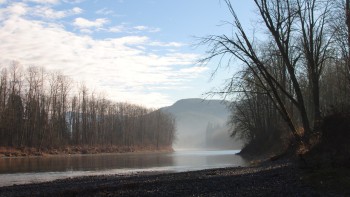Katie Michels
Katie is the Director of Partnerships at the
The practice of raising and managing capital to support land, water, and natural resource conservation.
Network. She has worked in the intersections between land conservation, land stewardship, affordable housing, and rural economic development, mostly in the Northeastern US, and for land trusts in both the Northeastern and Western US. Katie has a Masters of Environmental Science and MBA from Yale University and a B.A. from Middlebury College.





